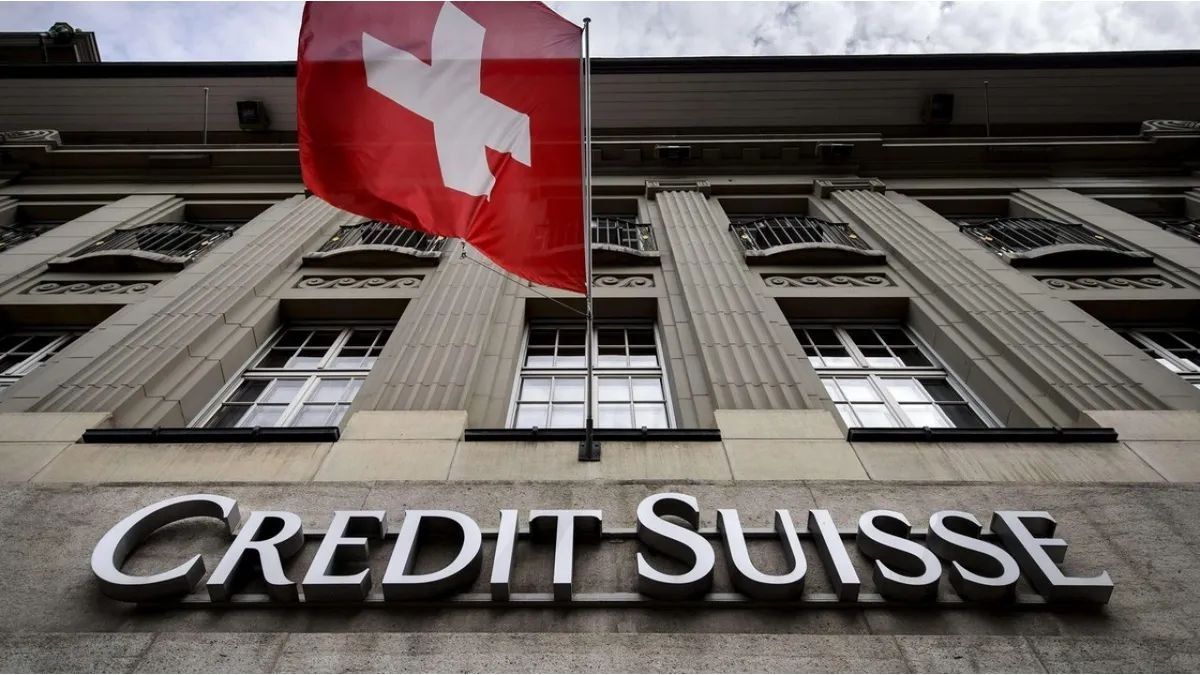In March 2023, the news of the acquisition of Credit Suisse by UBS shook the foundations of the Swiss financial sector. This move, precipitated by the crisis that had been affecting Credit Suisse for years, left Switzerland with a single dominant financial giant.
With this merger, Switzerland saw the disappearance of one of its most emblematic banks and found itself in an unprecedented situation of dependence on UBS.
Founded in 1856, Credit Suisse has long been a pillar of the Swiss financial system. But a series of scandals and bad financial decisions have undermined its position. From the 2019 espionage case – when the bank’s number two hired detectives to investigate an executive – to significant losses linked to the collapse of Archegos Capital and the implosion of Greensill Capital, to governance issues, the bank has accumulated problems that have eroded the trust of its investors and clients.
In a desperate attempt to save itself, Credit Suisse launched a series of restructuring measures and cost cuts, but to no avail. Market capitalisation plummeted from around 30 billion Swiss francs in 2015 to less than 3 billion in 2023, just before its takeover by UBS.
UBS, already Switzerland’s largest bank, took over Credit Suisse for around $3.2 billion in a rescue operation. This acquisition made UBS an even more powerful entity, with assets under management exceeding $5.6 trillion. UBS now represents a significant portion of the Swiss banking sector, with a market capitalization of around $68 billion and employing tens of thousands of people worldwide.
This consolidation has left UBS with a dominant position in Switzerland and on the global financial scene.
The scale of its influence and the size of its assets mean that any problems within UBS have the potential to destabilise not only the Swiss economy but also global financial markets.
The decision not to save Credit Suisse, allowing its rival to take it over, has created a disturbing paradox for Switzerland. On the one hand, the stability of UBS is now vital to the Swiss financial system. Any serious problems at UBS could have devastating consequences for the Swiss economy and its international reputation. On the other hand, This dependence creates a situation where UBS has an almost unrivalled position of power, not only as a financial institution, but also in its relationship with the Swiss state.
In practical terms, Switzerland is now in a position where it cannot afford for UBS to fail. This makes the country a kind of hostage to its own bank, a situation that is unique in the financial world. Dependence on a single bank is a double-edged sword: as long as UBS prospers, Switzerland can benefit from the stability and trust that such a powerful institution generates. However, if UBS were to face a crisis, the consequences for Switzerland would be catastrophic.
The “Switzerland” brand has historically been synonymous with stability, security and prudent financial management. However, this image is now inextricably linked to the health of UBS. In an increasingly volatile financial world, where banks face challenges such as digitalisation, climate change and global economic fluctuations, Switzerland’s reliance on a single bank represents a significant risk. The country’s reputation could be severely damaged if UBS were to encounter problems, undermining confidence in Switzerland as a safe haven for global investors and capital.
In short, the current situation in Switzerland, with such a dominant bank as UBS, is an unprecedented phenomenon in the financial world. The irony of the situation is that, by seeking stability and avoiding a costly bailout of Credit Suisse, Switzerland has placed itself in a vulnerable position. Allowing UBS to take over Credit Suisse created a paradox in which the country is held hostage by its own bankwith all the implications that this entails for the future of the Swiss economy and its global reputation.
Things as they are.
Philosopher and international analyst, he addresses international issues like this every week with Horacio Cabak in his podcast El Observador Internacional, available on Spotify, Apple, YouTube and all platforms.
Source: Ambito
David William is a talented author who has made a name for himself in the world of writing. He is a professional author who writes on a wide range of topics, from general interest to opinion news. David is currently working as a writer at 24 hours worlds where he brings his unique perspective and in-depth research to his articles, making them both informative and engaging.




